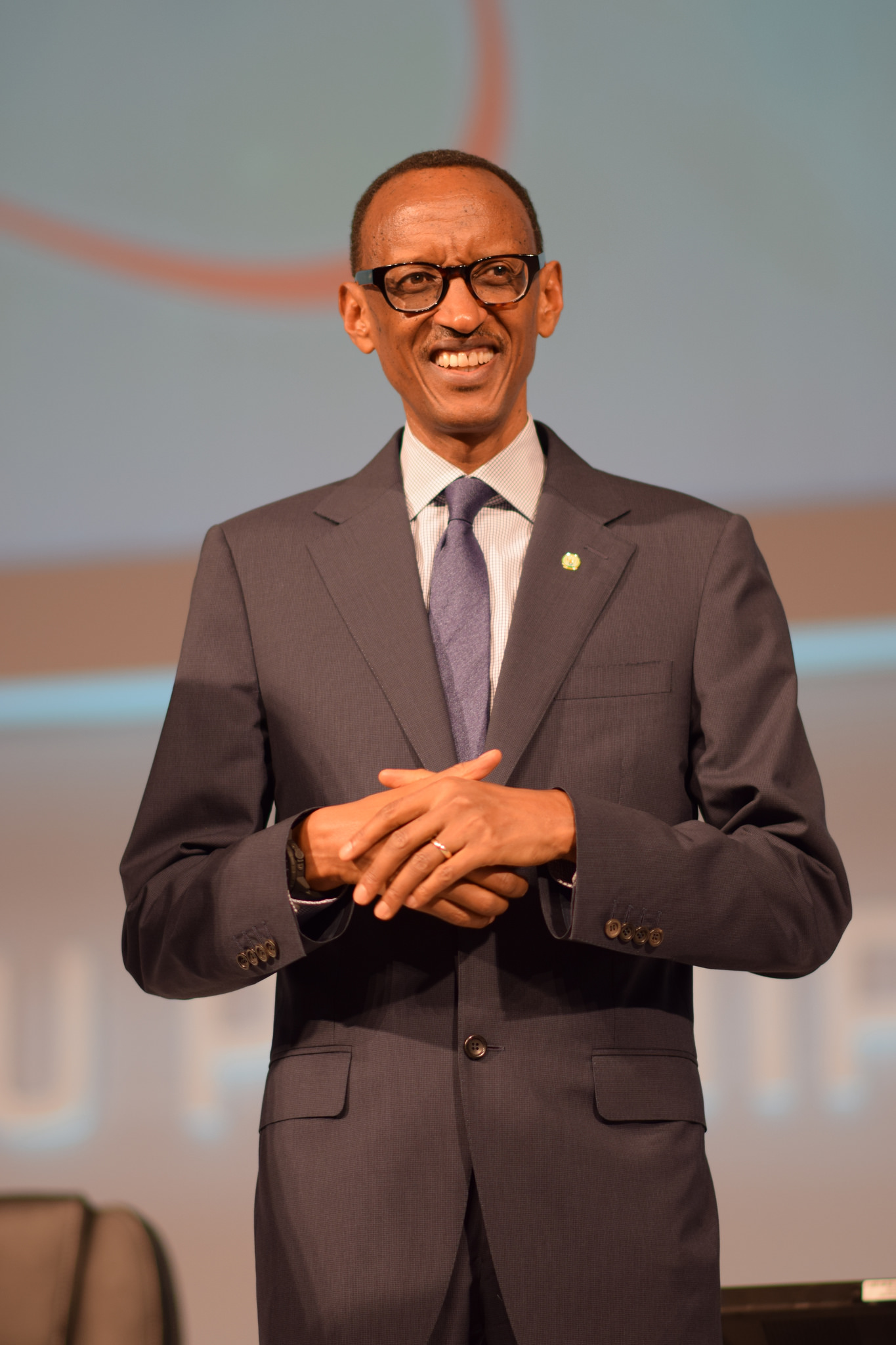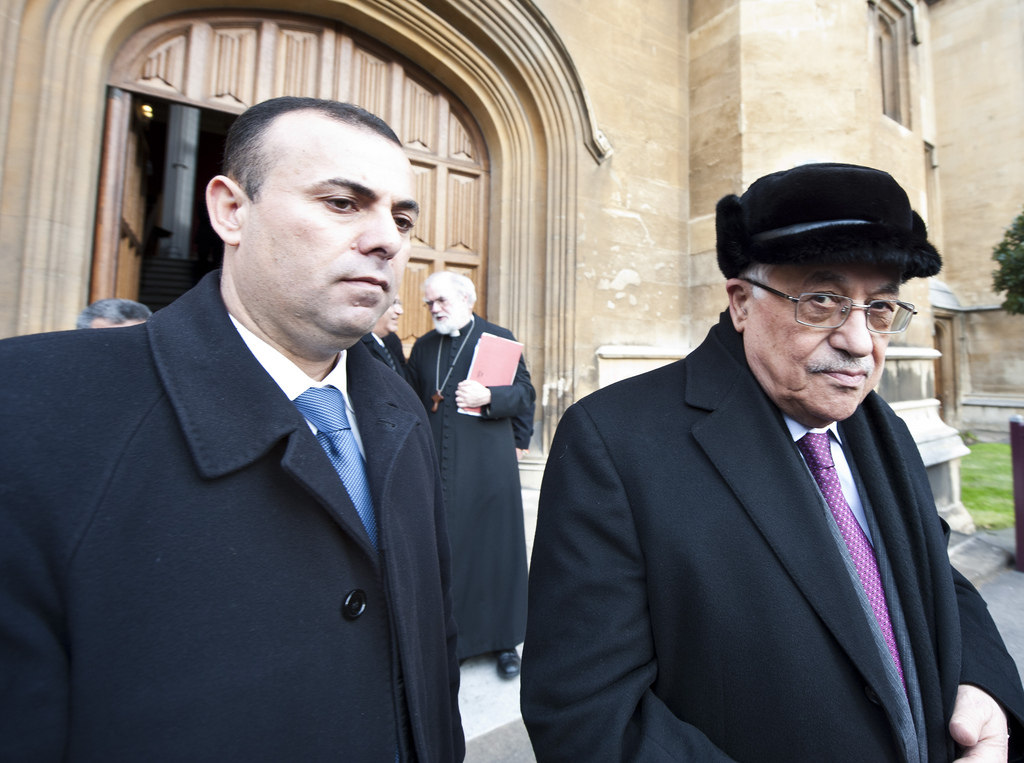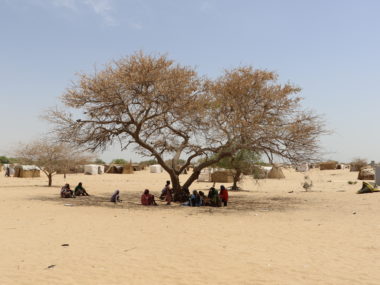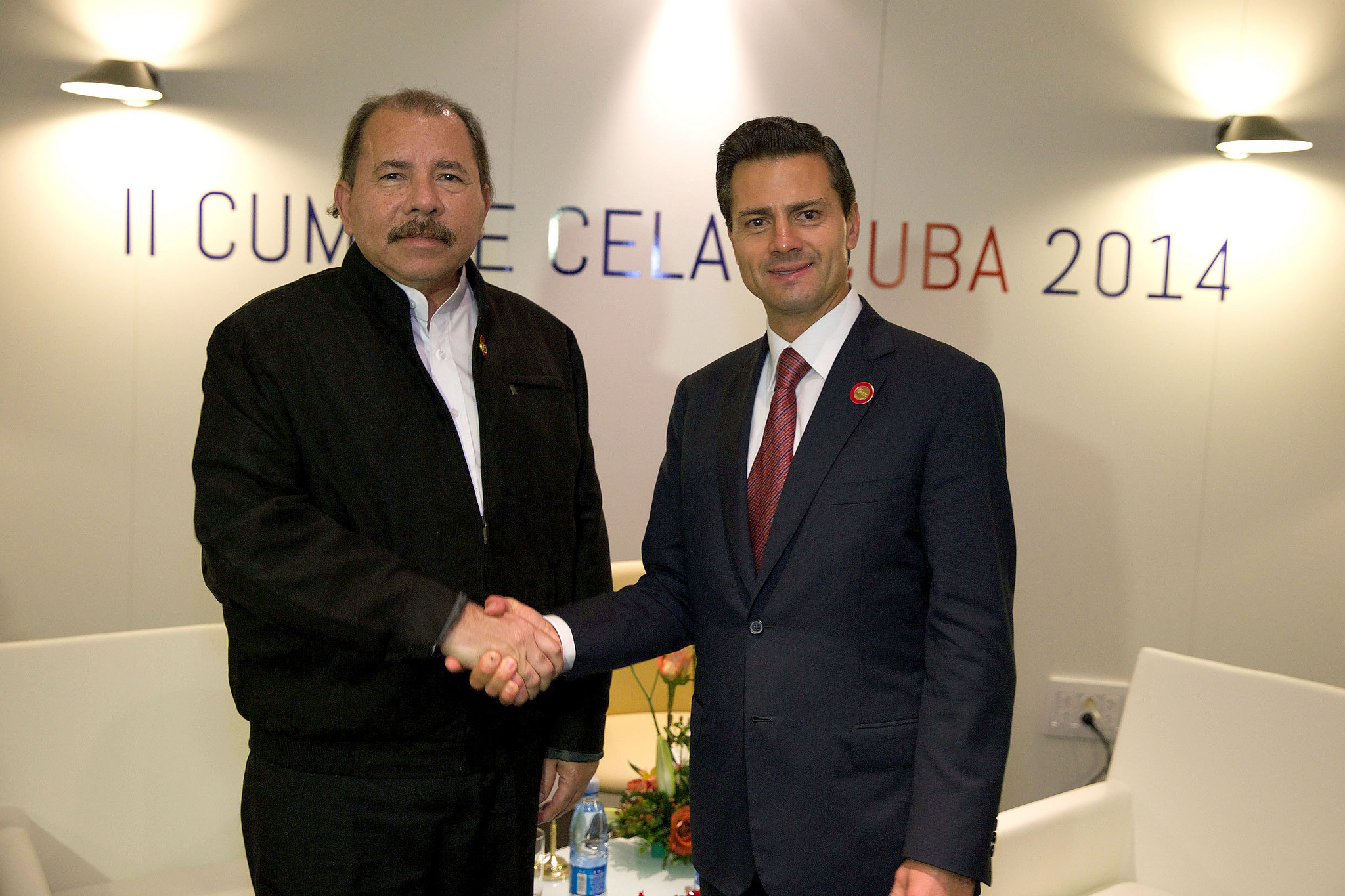Last week we asked why Kenya’s recent general election was peaceful, in contrast to the post-election violence that followed the country’s divisive December 2007 vote. At first glance this peaceful nature is puzzling: the election was close, like in 2007, and observers were concerned that violence would once again ensue. So why did little violence occur? Commenter hearabout suggests that in the years following the traumatic 2007-8 unrest Kenyans have worked to prevent tribal and political violence, and election media coverage has been comparatively milder. “Further,” hearabout writes, “the main actors of the 2008 violence, Kenyatta and Ruto and such, have also demonstrated restraint and called for peace.”
You May Also Like
What Happens When Armed Groups Endorse Politicians?
- November 4, 2020
By Aila Matanock Over the past few months, headlines have indicated that leaders of two major armed groups…
Understanding Military (Non)Support in the Wake of Constitutional Coups
- February 26, 2016
By Kara Kingma Neu and Deborah Avant. Scholars of democratization in Africa have witnessed a troubling trend: an…
WANTED: UN Peacekeepers for Mali
- June 20, 2016
By Marina Henke. In early June UN Secretary General Ban Ki-Moon made an urgent plea to increase the…
Waiting for Barry-O: Divining Abbas’ Next Move
- March 26, 2015
By Allison Beth Hodgkins Elections, like fighting, are a pretty good way of resolving information problems. I spent…
Why Jihadists Are Collecting “Zakat” in the Sahel
- July 12, 2021
Guest post by Alex Thurston Around the world, jihadists use a dizzying array of mechanisms to finance themselves,…
A New Nicaraguan Revolution? Understanding This Week’s Popular Protests
- May 3, 2018
Guest post by Eric Mosinger and Kai Thaler. Over the past two weeks, Nicaragua’s streets have exploded in…






